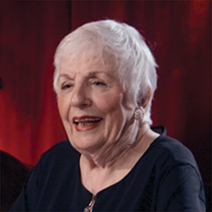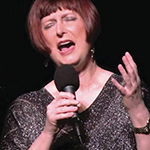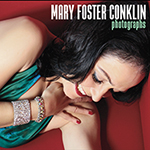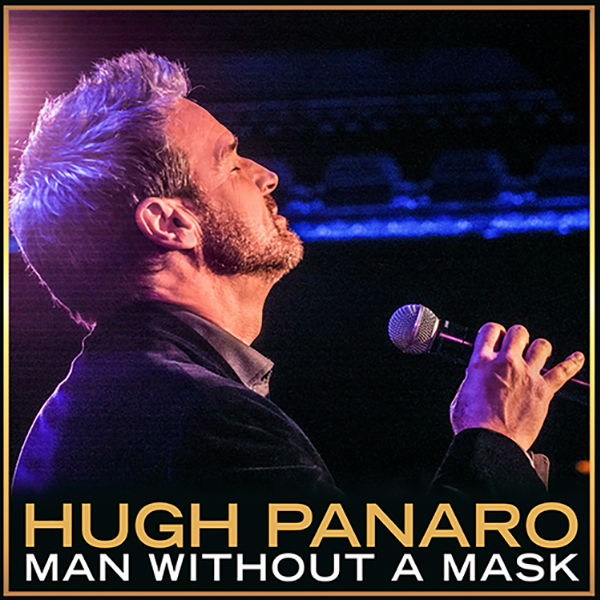Carol Sloane
Still Autumn in New York
Birdland Theater, NYC, November 21, 2018
Reviewed by Marilyn Lester for Cabaret Scenes

There’s an unmistakable specialness about jazz singer Carol Sloane. She’s the cherry on a sundae, the cream in the coffee—a singer’s singer.
online pharmacy https://aclsedu.com/wp-content/uploads/2023/04/jpg/nolvadex.html no prescription drugstore
She’s also sophisticated and wise and witty.
online pharmacy https://aclsedu.com/wp-content/uploads/2023/04/jpg/amoxil.html no prescription drugstore
buy grifulvin online https://www.arborvita.com/wp-content/themes/spacious/img/png/grifulvin.html no prescription
Sloane wears her life experience well, and those years of living are finely etched in every glorious note she sings. As a young octogenarian, she’s mastered the power of storytelling, delivering her material quietly, but with the emotional force of a hurricane. With precise vocal control and impeccable phrasing, her first number was an apt “While We’re Young” (Alec Wilder/Morty Palitz/Bill Engvick).
From the outset, it was apparent that she, pianist Mike Renzi, and bassist Jay Leonhart, were a unit. Seldom do you see three artists so in sync and having such a good time performing with each other. Renzi and Leonhart are both lyrical, melodic players whose work seems utterly effortless, perfectly complementing Sloane’s equally self-assured style. These three have that true feeling for jazz. On an up-tempo “I Can’t Believe That You’re in Love with Me” (Jimmy McHugh/Clarence Gaskill), it was sheer joy to hear Sloane and Leonhart perform a fun call-and-response scat.
Noël Coward’s “Mad About the Boy” was sheer brilliance, performed as a languid blues. “I See a Million People (But All I Can See Is You)” (Una Mae Carlisle/Robert Sour) was another wonderment of interpretation, revealing Sloane’s ability to connect easily with her audience. Perhaps the biggest jewel in the crown was the singer’s a cappella verse of “Autumn in New York” (Vernon Duke), followed by an entrancing, wistful delivery of the song as a slow ballad. She closed a superlative show with a swinging number square in the center of her wheelhouse: “Exactly Like You” (McHugh/Dorothy Fields).





